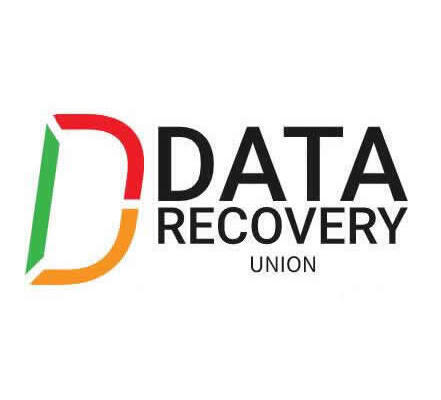
Learn Computer Forensics on Your Own
Expertise in examining computers and networks for evidence can not only lead to a well-paying career, it can be an exciting field to work in. Many people who work in computer forensics have received training through their employer as a law-enforcement professional or corporate sponsored training. This does not mean that someone can’t learn these skills on their own. Thanks to online training, hands-on practice, and dozens of books on the subject, anyone with an interest in computer forensics can learn the skill set needed for this job.
- Learn the basics. Before getting started in computer forensics, you need to have a foundation in what it entails.
- Download forensic software and see how it works. There are many different tools available that don’t cost anything; some of these can be found at Open Source Forensics. These solutions provide a perfect opportunity for someone to learn how to use different forensic software.
- Create virtual machines to use as target computers when learning the software. Virtual machine software, like VirtualBox allows you to create a virtual computing environment that you can use for testing.
- Locate online forensics training. Once you have a grasp of computer forensics, it is time to take your training to the next level. There are many tutorials that can be found online that will help you better learn the different forensic software. Additionally, you can look into training packages that for a price will teach specific skills and software.
- Read books on forensics. There are many different books written on the subject that cover software packages like EnCase, methodologies used in forensic cases, and certification study manuals.
Obtaining certification in computer forensics can show potential clients and employers that you have expertise in the field.
Check with law enforcement agencies in your area to see if you can shadow them on investigations.
Understand the chain of custody when dealing with computer evidence.
Certain states require someone who is performing a computer forensic investigation to be a licensed private investigator. Make sure you understand the laws of your state before you move forward with an investigation.
